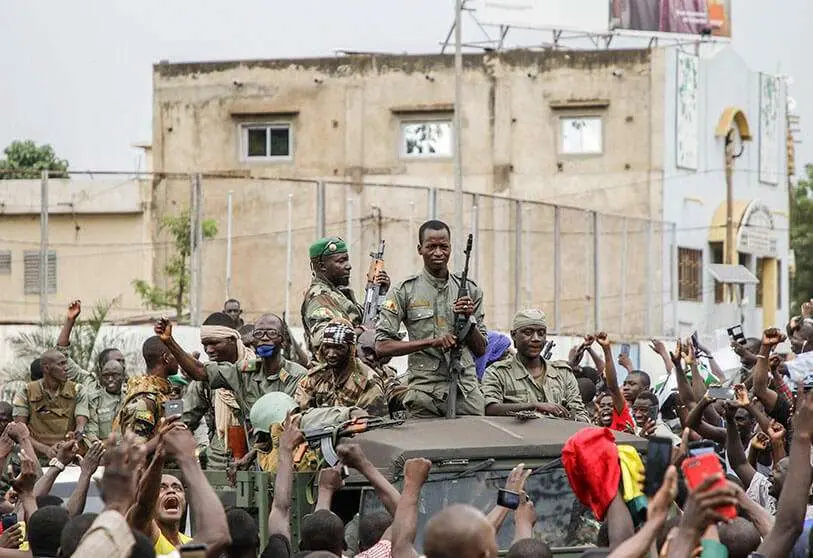The Southern Flank, the great forgotten one

Since the beginning of 2022, we have been witnessing how the political environment and information has revolved around the increase in tensions on the Ukrainian border, but what is happening in the southern region of Europe's periphery? Increasing tensions between countries and the many effective coups in the area in recent months have made the Southern Flank one of the regions to which we need to pay more attention and develop a joint roadmap between institutions in the coming years, so that we can project and ensure international security.
Since the beginning of 2022, the media, from traditional to digital, have been covering the escalating tension in the Russian-Ukrainian crisis. While tensions between the two countries, as well as between international actors, are nothing new, the past year has seen this international conflict return to the top of the agendas of leaders and institutions such as NATO, putting the focus on the Eastern region, but what about the Southern Flank?
We refer to the Southern Flank as the region located on the periphery of the European continent and which, due to its strategic position, is of great relevance for countries such as Spain and Italy, among others. The Southern Flank is today a key area, where several conflicts and challenges are taking place, projecting instability to some degree onto its European neighbours, but not enough to provide prolonged and interrupted attention unlike Eastern Europe. Since the late 20th and early 21st centuries, the Southern Flank has been the scene of a surge in migratory movements, smuggling, terrorism and other illicit activities, with an aftershock today.
What is happening on the Southern Flank?
Without going any further, in recent months the Southern Flank has been the protagonist of a wave of coups d'état, posing a threat to security, peace and stability in West Africa. There is no doubt that the replica of the Mali coup, the first in the African region, was not long in coming, but it is surprising how effective it has been since August 2020 to date. This unprecedented wave of coups and the responses provided by international powers have not generated the desired response, but rather a return to the mistake made in Mali after the 2012 coup; immediate elections, but with an increase in insecurity, corruption and a decline in the quality of life.
Despite the responses provided by international powers, as well as the sanctions that some of the uprising countries have received, coup attempts continue to be observed, as in the recent case of Guinea-Bissau. This coup, subsequently labelled a failure, is not the only example observed in the short period of 2022; in the first weeks of 2022, Burkina Faso's military junta seized power as a result of discontent with President Roch Kaboré's alleged lack of support against fighters linked to Al-Qaeda and the Islamic State.
Conclusions
Achieving stability in the South requires a comprehensive approach that goes beyond mere military responses. The absence of effective measures and the public's lack of awareness of these threats has resulted in heightened tensions. The measures that have been taken to date can be seen as insufficient in comparison to those taken with regard to Eastern Europe. Ultimately, the succession of sanctions shows how ineffective they have been in the face of advancing military forces.
Recent events on the southern flank demonstrate the need to establish a roadmap between institutions such as NATO and the European Union in order to guarantee security in the West African region and address the common threats and challenges they face. It is utopian to think that this cooperation can happen without discrepancies, but this is why 2022 should serve as an example for developing strategic plans, NATO's new strategic concept and the EU's strategic compass, in which the Southern Flank is valued as a relevant region.
Ana María Martín Elvira, Junior Public Affairs Consultant at ATREVIA and contributor to Sec2Crime's Defence Area.
